RESOURCES
Dental Professionals


Cystic Fibrosis (CF) is a genetic disorder characterised by thick mucus secretions which can have a significant impact on the lungs and digestive system. CF affects each individual differently due to varying treatments, disease progression, and overall health status. Dental professionals need to consider each individual with CF as a unique case, considering their needs, treatments, health conditions, as well as their specific dental concerns.
Unique challenges
Some of the most significant effects of CF include:
- Respiratory system- causing infection and inflammation.
- Pancreatic insuffiency
- Diabetes
- Malabsorption leading to nutritional deficiencies
- Gastro-oesophageal Reflux Disease (GORD)
- Osteoporosis
Medications and Oral Health
People with CF can take a number of medications that have an impact on oral health, including:
- Inhalers
- Nebulisers
- Antibiotics
- Steroids
- Oral Nutritional Supplements (high sugar)
- Bisphosphonates (long term & from young age)
Collaborative care
Most people with CF in Ireland are under the care of a CF unit based in a hospital. Please find contact details for CF centres here (https://www.cfireland.ie/support-resources/cf-centres).
It is important to communicate with the medical professionals involved in the care of PwCF to ensure appropriate management, continuity of care and allow for timely intervention in managing oral health issues. This collaborative approach will empower people with CF to maintain good oral health as an integral part of their overall well-being, enhancing their quality of life and promoting long-term health outcomes.
Some individuals with CF may require solid organ transplantation and will require a comprehensive preventive treatment plan. It is best to link in with the CF unit or hospital involved as early as possible in these cases, to ensure optimal oral health both in the pre- and post- transplant stage.
CF and Oral Health
Recent studies have been carried out into the prevalence of different dental conditions in CF
Periodontal disease: PwCF have higher levels of plaque and calculus, but this does not usually cause other periodontal symptoms such as bleeding gums and/or calculus. Advice should be given to optimise plaque removal as it may contain pathogenic bacteria that can be aspirated into the lung, causing infection
DDEs: PwCF are at a higher risk of DDEs
Caries: PwCF have a number of risk factors for caries development, including high sugar diet, use of sugar containing medication, increased levels of strep mutans etc.. Advice and treatment should be given to mitigate these factors.
Candida: PwCF frequently take antibiotics which can lead to candida. Oral hygiene advice should be directed towards this.
Treatment recommendations
- Medical complexities faced by people with CF such as frequent and long-term antibiotic use, specific dietary requirements and periods of illness may lead to difficulty in maintaining meticulous oral hygiene. Dentists should be understanding of this and not chastise patients regarding their dental condition but instead give recommendations regarding how to improve this. Some recommendations for dental visits include:
- Thorough medical and social history: Be aware that people with CF may not think to disclose the consumption of Oral Nutritional Supplements (ONS) in their medical history, and so should be asked about this separately.
- Preventative advice (fluoride varnish application, fissure sealants or a fluoride mouth rinse) if a patient is deemed at high risk of caries development (due to sugar-containing medicines, ONS, high calorie diets, presence of DDEs etc.)
- Patients with CF-related diabetes should be warned re the potential risk of periodontal disease.
- The majority of PWCF take some form of inhaled medication and they should be advised to rinse out after use.
- Dental surgery and all instruments used must undergo the strictest levels of cross infection control, amd the patient with CF should be reassured that all standards are being met.
- Dentists should endeavour to make the CF patient’s experience more comfortable by sitting the patient upright if possible, to facilitate mucus clearance. It may also be necessary to take a number of breaks in order to allow the patient to expectorate.


